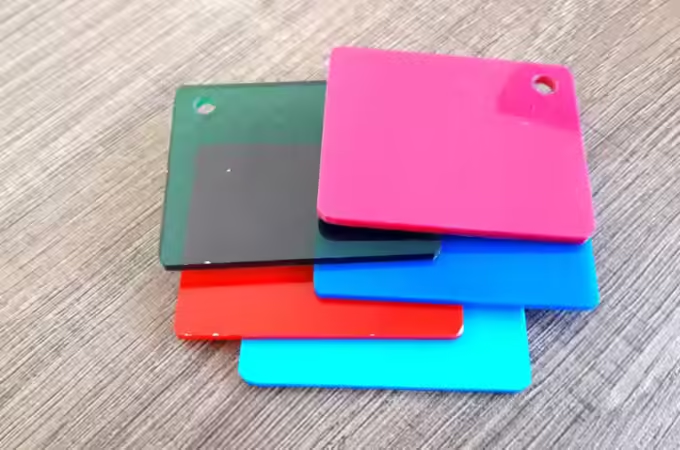
Nickel Sulphide Inclusion
Table of Contents
ToggleWhat is Nickel Sulphide Inclusion?
Nickel Sulphide Inclusion is a naturally occurring phenomenon in glass. Impurities can still be present in the glass pane after its manufacture and toughening processes therefore could be present at the point of installation.
Visually, you will not be able to see these tiny particles of metal, but they can still be present in the glass, benign until they are disturbed.
Nickel Sulphide Inclusions have two main states, these are: stable at high temperatures and stable at lower temperatures. When glass is heat soaked, the heat converts the Nickel Sulphide Inclusion to the high temperature state, however the glass is cooled rapidly which does not allow the Nickel Sulphide Inclusion to change to the lower temperature state. The transformation to the lower temperature state can occur over time, therefore a glass breakage caused by a Nickel Sulphide Inclusion can happen if the inclusion is large enough and if it is located within the tensile (central) portion of the heat soaked glass.
How can I tell if a glass breakage is due to a Nickel Sulphide Inclusion?
An easy way to determine whether a glass breakage has been caused by Nickel Sulphide Inclusion is to look for the ‘Butterfly Effect’ pattern on the broken glass. The implosion will centre around a singular point on the glass and will fan out in a butterfly wing formation.
Heat Soaking
What are the chances of a pane of glass having Nickel Sulphide Inclusion?
Unfortunately, there is no way to totally remove the risk of Nickel Sulphide inclusion. In a standard pane of glass, the estimated risk of a Nickel Sulphide Inclusion is 1m2 in every 10,000m2 of glass. But you can reduce the risk of an NSI breakage by putting the glass through a finishing process called Heat Soaking.
The Heat Soaking process includes thermally treating the glass further in large heat soaking ovens. The glass is heated to extremely high temperatures to force any panel with Nickel Sulphide impurities to shatter. The resulting glass that survives the testing then has a much lower chance of containing a Nickel Sulphide Inclusion, reducing the risk of broken panels to the end user.
The Heat Soaking process will increase the cost of the glass and lead times. It will reduce the risk of a Nickel Sulphide Implosion down to 1m2 in every 1 million m2 of glass.
Any glass unit used on a project can be specified as Heat Soaked by the architect. If you are worried about Nickel Sulphide Inclusion and implosion be sure that heat-soaked glass panels have been specified.
NSI Breakages and Warranties
Nickel Sulphide Inclusions are a rare yet accepted anomaly within glass manufacturing and no glazier processors or suppliers can provide a warranty against breakages from this phenomenon. This then means that we are not able to pass any warranty onto our customers.
Specifying your glass units to be heat soaked will reduce the chance of a Nickel Sulphide breakage and we would recommend heat soaking on any project where you or the end client are worried about a Nickel Sulphide Breakage.
It would also be advisable to consider heat soaking on any element of glass that will be inaccessible once construction is complete, or pieces of glazing that will be difficult to replace after project completion.
Lynn Place is Vice President of Marketing for SolvChem Custom Packaging Division. She has 30 years of professional experience in the manufacturing industry and specializes in consumer packaged goods, new product development and strategic planning.





